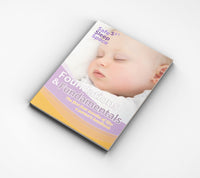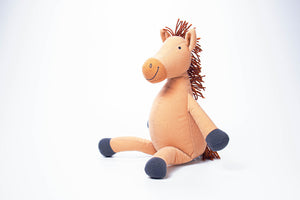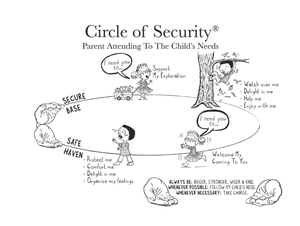Thumb sucking or dummy, which is better for my baby’s teeth?

Babies are naturally driven to suck - after all, their survival depends on it. Though sucking isn’t always restricted to the breast or bottle and some babies also love to suck on their thumb, fingers and/or a pacifier (dummy).
The action of sucking soothes babies, it’s that simple. Some babies are particularly fond of sucking, not just when feeding but also as they go off to sleep or need comforting.
Many parents are concerned about the impact of finger/thumb or dummy sucking on their child’s teeth and wonder which is better. The truth is that neither a dummy or thumb sucking is worse than the other when a child is very young. What’s important is that with thumb sucking particularly, the child stops by the time their permanent teeth are erupting. At this point, sucking can force the teeth and jaw out of alignment, increasing the risk of needing orthodontic treatment. Most parents stop their baby having a dummy by the toddler years, if not before.
Thumb sucking in particular can affect the shape and function of the roof of the mouth, causing narrowing. Though this depends on the way an individual child sucks. Some children place a lot of traction on their front teeth so they’re pulled forward. If they simply rest their thumb on their tongue, this is a different scenario to a child who sucks their thumb with a lot of force and forward traction.
Thumb sucking which causes a narrowing of the palate leads to malalignment of the back teeth. Ideally, the top and bottom molars meet to chew and grind food. When the palate is too narrow, the top molars sit inside the bottom ones, creating a cross-bite. Another risk is to the front teeth – the central incisors which are pulled forward and don’t meet the bottom teeth – this is known as an open bite.
Apart from the appearance of ‘buck teeth’ oral health issues can develop, and often mouth breathing and a dry mouth. Speech problems can also occur due to changes in shape of the child’s mouth and the relationship of their tongue to their palate and teeth.
Oops a daisy!
Children whose front teeth project forward, (i.e. buck teeth), are at risk of tooth damage if they fall over. They also have an increased likelihood of their lips being cut by their teeth if they trip over.
Be patient with thumb sucking
Most children naturally stop sucking their thumb between the ages of 2-4 years. They lose interest and find other ways to soothe and entertain themselves. Some children continue thumb sucking into the preschool years, though by then, peer pressure can be very effective in helping the child to stop.
Children who hear repeated messages from their parents to stop sucking their thumb can become sneaky about it. They learn that if they’re caught sucking their thumb, they’ll be told not to do it and their parents can become cross. A better approach can be to offer praise for not thumb sucking and if they’re old enough, using a reward or sticker chart.
Should I try to stop my child sucking their thumb?
It can be very hard to stop a happy thumb sucker from automatically doing it. When they’re tired, hungry, bored or anxious, children who thumb suck tend to place their thumb in their mouth without too much thought. The general recommendations from orthodontists – dentists who specialise in the alignment of teeth - is to have a ‘wait and watch’ approach.
As long as the child is still not sucking their thumb by the time the permanent teeth emerge – from around the age of six years - thumb sucking isn’t a problem.
What about a dummy – is it better than their thumb?
The big difference is that a dummy can be thrown away. Once the dummy becomes a problem and it starts affecting a child’s sleep, it’s time to toss the dummy away. Of course, the same can’t be said for a thumb. Parents can ‘control’ the use of a dummy, with a thumb or finger sucking, the child is in charge.
5 tips for safe dummy use
- Throw away dummies which are damaged.
- Never put a dummy into your own mouth or allow your child to share their dummy with others.
- Try to limit dummy use for sleep times.
- Don’t use a tie to secure your baby’s dummy to themselves. This is a choking/strangulation hazard.
- Clean and sterilise your baby’s dummies daily.
Remember
Speak with your dentist if you’re concerned about your child’s dummy or thumb sucking. Every child is an individual and the risks can be different depending on many unique factors.
Written for Safe Sleep Space by Jane Barry, Midwife and Child Health Nurse.
References:
Dummies - Better Health Channel
Happy Teeth Manual Resources - educator resources, fact sheets part 1 (health.qld.gov.au)
Teeth-grinding & thumb-sucking: 3-5 years | Raising Children Network








